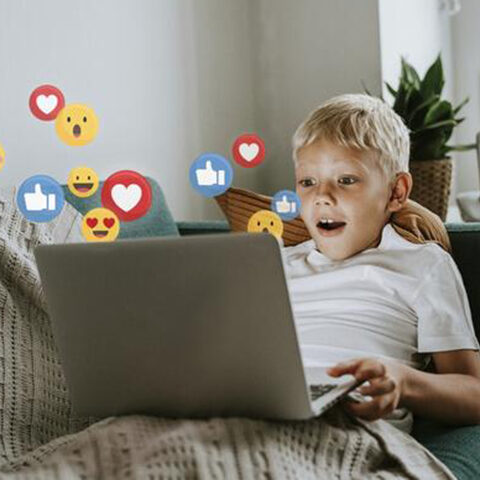
Screen Time Solutions: Navigating Limits for Children and Teens
- Some of us name our feelings, and everyone shows them – validating emotions happens best face to face.
- If your child or teen isn’t one to name their feelings, take an educated guess…to the tune of “I would imagine this feels like _____.”
- From here, close the distance by sharing understanding from their perspective. Reach for 3 immediately relevant reasons.
- I would imagine this feels like you’re being punished, you might even be feeling isolated.
- That feeling makes sense to me because…
- Ex: “You’re used to spending time with your friends right now”, “You weren’t able to make the last hang out”, “We’ve had a difficult year at home”
- That feeling makes sense to me because…
- I would imagine this feels like you’re being punished, you might even be feeling isolated.
Sharing this understanding opens the door for the limit to land on otherwise unattended soil. From here, it would be quite normal for the conversation to shift, to open up, or you may be met with silence. When sharing limits, be clear and concise, know that what you are sharing will become the shared expectation even if there is resistance. Children and teens can only be as consistent as the support and limits they receive.
Screen Time Tips:
- Screens after dark interrupt the sleep cycle – identify a cutoff time that offers 30-minutes to an hour before sleep to allow the body’s natural rhythm to work effectively.
- Actively manage the family’s screen time – participate in helpful habits with your children – work the problem with them!
- Look for opportunities to adjust and be flexible based on school, activities, and holidays.
- Implement apps like Bark and Aura to allow parents to receive notifications when specific content is accessed as well as an immediate ability to stop and start access to the internet.
- If screens are going down, be ready to bring something up and support your child or teen to do the same.
- Create structured family time where phones stay off in a time-limited space.
If screens, the content on them, or the discussion around them are interfering with your child’s life and become unmanageable, reach out for help – you are not alone. Individual and Family Therapy can be helpful for addressing technology overuse, push-back on limits, and underlying concerns that may be driving the interference.
Counseling and Assessments at The Center
Our therapists and psychologists provide counseling, assessments, and educational testing for kids, teens and adults. Whether you are needing help as a parent, help for your child or teen, or testing, such as an ADHD evaluation, we are here to help.
Call The Center at 214-526-4525 to schedule an appointment with any of our 35+ therapists or psychologists at any of our offices across North and Central Texas. Learn more about our team HERE.
